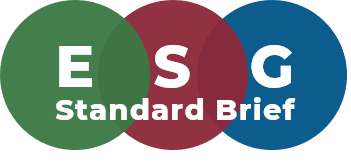
Get ESG Smart with our ESG Standard Briefs
In the world of environmental, social, and governance (ESG) disclosures, the ground is shifting. What used to be voluntary for companies and investors is quickly becoming required. Regulations and standards – a confusing jumble of acronyms – are evolving rapidly, and many in the industry are struggling to keep up. We saw a need for simple and straightforward information on the ESG standards seeing the greatest uptake among companies and investors. Building on the great overview to Sustainability Reporting produced by our colleagues at EDGE, we are pleased to share our ESG Standard Briefs.
Each Brief contains straightforward information to equip MBA students and practitioners with the answers to basic questions: Who does the standard apply to? What does it take to meet the standard? What are current gaps to implementation? How does it strengthen sustainable impact?
And with a consistent format across Briefs, readers can compare and contrast standards to understand the current landscape companies and investors are operating in.
Thank you to Daniel Gadigian, Duke University MBA ’22, for leading research and authorship of the briefs.
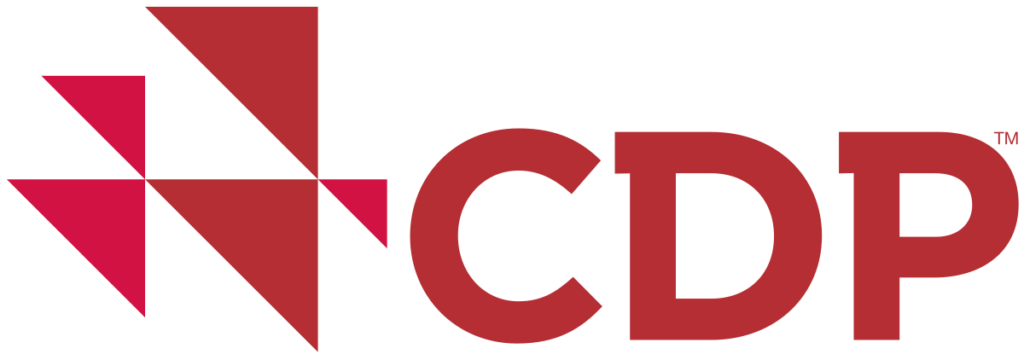
CDP – Carbon Disclosure Project is one of the largest disclosure systems centered around climate change, water security and deforestation. Disclosing entities can use this data to make better informed climate, water and deforestation decisions, while the CDP can inform the general public about levels of global progress being made on critical climate issues.

CSRD – Corporate Sustainability Reporting Directive is a mandatory framework for making company sustainability reporting more common and standardized in the European Union. It is an update and replacement for the 2018 Non-Financial Reporting Directive. The first set of CSRD standards will go into effect throughout the European Union in 2023.
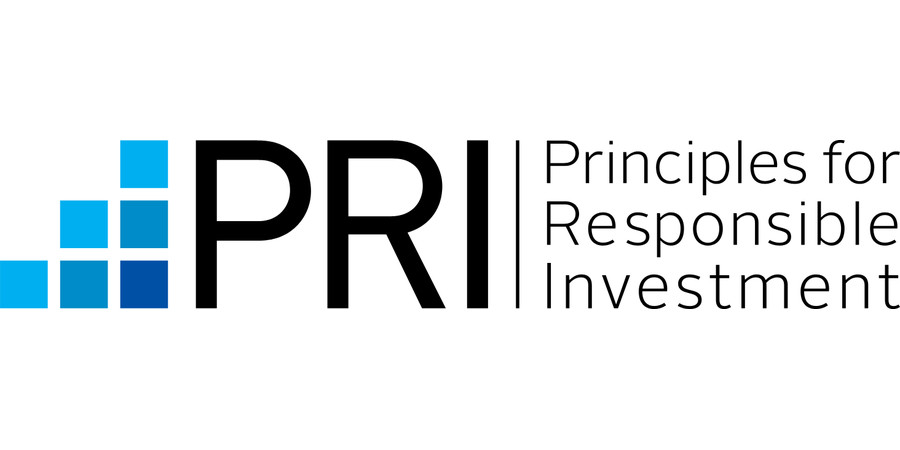
PRI – Principles for Responsible Investment are a set of six principles, supported by the United Nations, designed to foster a sustainable global financial system. PRI signatories agree to submit an annual report that evaluates their investing activities, policies, and accountability. The principles promote the incorporation of ESG issues in investment decisions.

SASB – Sustainability Accounting Standards Board is a voluntary reporting framework that identifies and provides guidance for sustainability-based topics within an industry and translates them to financially material information that can be used to make better investment decisions.
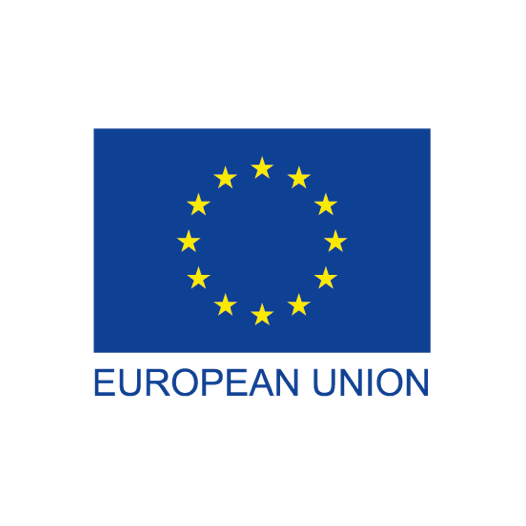
SFDR – Sustainable Finance Disclosure Regulation is a disclosure framework designed to introduce transparency into sustainable investments, assets, and products and combat financial greenwashing. SFDR is required for EU-based investors and investments and thus is influencing global disclosure framework implementation.
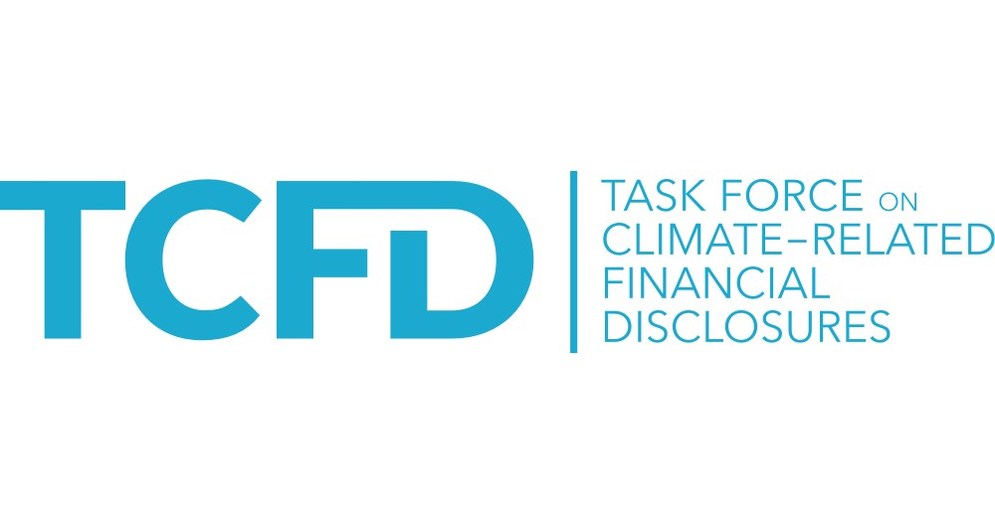
TFCD – Task Force on Climate Related Financial Disclosures is a framework for translating the physical and transition risks of climate change to financial outcomes. It can be useful for understanding how climate change will affect environmental impact outputs and outcomes.
